WHAT HAPPENS DURING A CRYPTOCURRENCY HARD FORK?

A hard fork is when a single cryptocurrency splits in two.
WHY DO YOU NEED TO HARD FORK BLOCKCHAINS?
When you get right down to it, blockchains are similar to computer databases. At their core, each blockchain is made up of programming code. The rules of how a blockchain functions are encoded in its programming, and changing that programming requires little more than a team of developers that knows what they’re doing.
In simple terms: It occurs when a cryptocurrency’s existing code is changed, resulting in both an old and new version. Meanwhile, a soft fork is essentially the same thing, but the idea is that only one blockchain (and thus one coin) will remain valid as users adopt the update. So both fork types create a split, but a hard fork is meant to create two blockchain/coins, and a soft fork is meant to result in one.
If this is confusing, let us use Microsoft Word for example. Microsoft frequently releases new versions of Word. Each version attempts to be backwards compatible and retain the ability to read and edit older documents. However, often older versions of Word have great difficulty in reading documents created in one of the newer versions. So if you create a document in Word 2007 and your buddy edits and saves it in Word 2013, you may have problems reading it. Despite the assumption that its going to be the same document, you two have created a fork in your document.
WHAT’S A HARD FORK MEAN FOR YOU?
First, before a hard fork even occurs, you may notice some changes in the valuation of the cryptocurrency. Speculation on the nature of a hard fork usually results in a slight bubble up until the scheduled date of the hard fork. This especially occurs when a hard fork is creating a spin-off blockchain; anyone holding the original currency at the time of a hard fork receives an equal amount of this newly-created cryptocurrency.
Not every hard fork results in a new blockchain, of course – sometimes it’s just a software update designed to make the blockchain perform better. However, if an upcoming hard fork is creating a new blockchain and currency, be sure that the digital wallet you’re housing your cryptocurrency in will support the new hard fork, like these wallets did when Bitcoin Gold forked away from Bitcoin. This way, you can wake up the day of the fork and see equal amounts of both currencies in your wallet.
Forks are very painful for companies that depend on that type of coin. As transactions could be lost during the fork, business using that cryptocurrency are handcuffed. Additionally, forks cause a tremendous amount of work through a coin’s community as all the associated software must be updated to the coin’s latest version. Users, exchanges, miners, and many others must update to prevent the loss of coin.
Any potential for lost coins can scare users away from using a particular cryptocurrency. Frequent software updates and additional work can cause exchanges, business, and users ultimately to switch to a more stable coin type. A less popular coin is a less valuable coin. In theory if a fork is not fixed, this would cause a complete incompatibility and two different versions of the coin. In the incredibly competitive cryptocurrency market, the community would be unlikely to tolerate this. The value of a permanently forked cryptocurrency would rapidly become worthless.



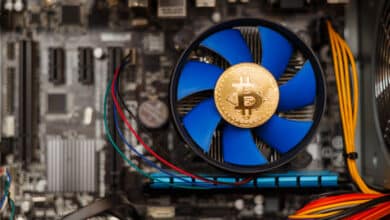




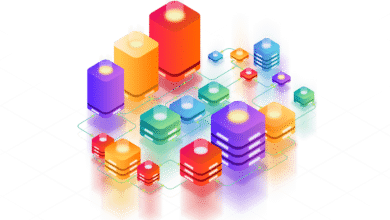



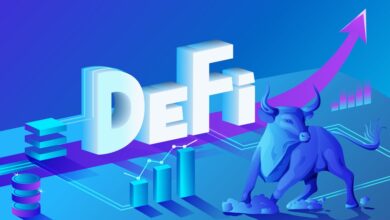

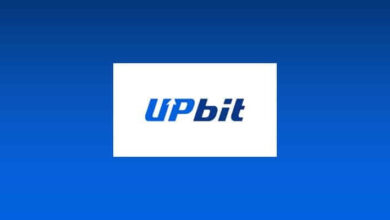



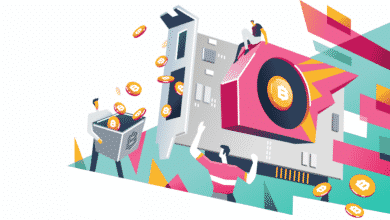




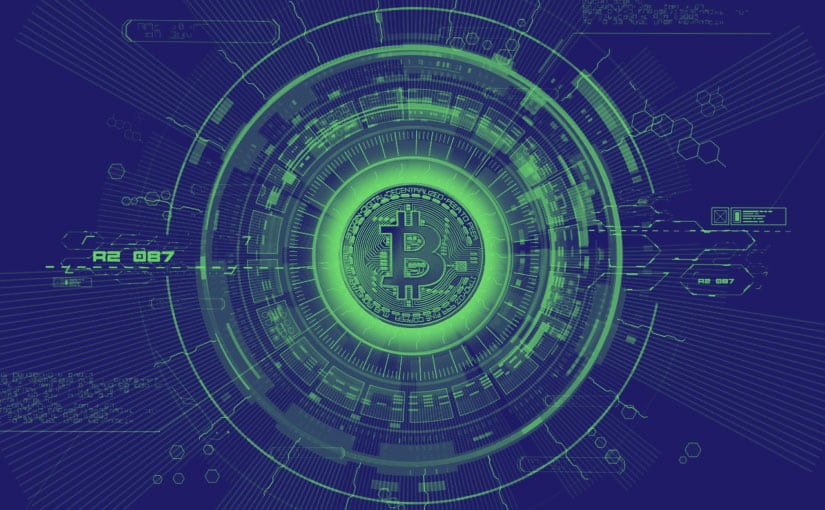
3.5